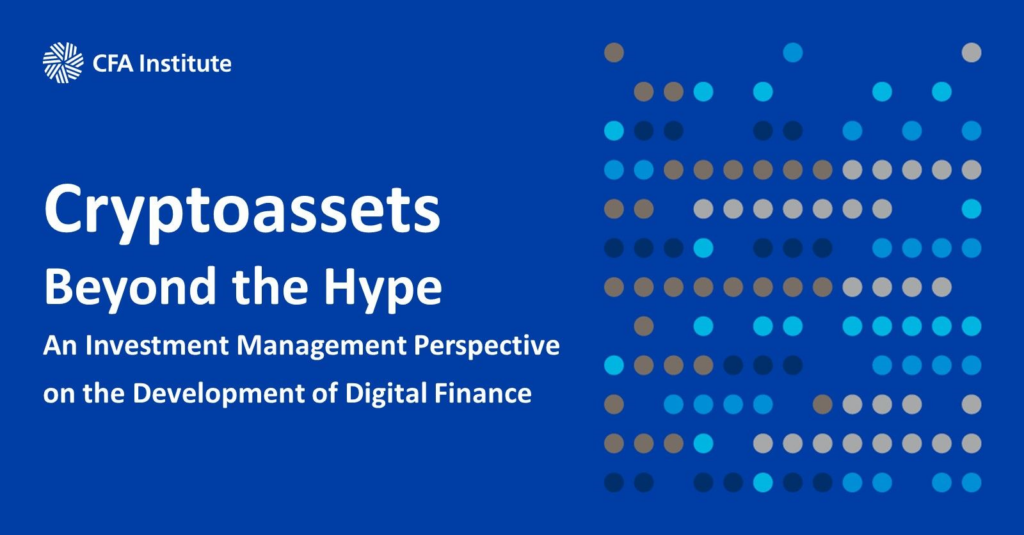From Likes to Investments: Our Response to the FCA Consultation on Financial Promotions via Social Media
On 11 September 2023, CFA Institute and CFA Society UK responded to the Financial Conduct Authority (FCA) consultation on the use of social media to promote financial products in the United Kingdom. The FCA first issued guidance on financial promotions in 2015, but since then, social media use has become more widespread, new platforms have emerged, and financial marketing has grown more prevalent on social media. The regulatory framework has been slow to respond, and a visible gap between regulation and financial promotion practices on social media has opened up.
More recently, the FCA began its phased implementation of the Consumer Duty Regulations. These include a new Principle 12 for businesses, the Consumer Principle, which requires that firms “act to deliver good outcomes” for retail investors.
The Consumer Duty framework may help bridge the gap between regulations and social media promotion practices. Why? Because in the context of marketing communications, Consumer Duty (also referred to as the Duty) includes high-level expectations that firms communicate with consumers in a way that encourages informed decision making and that is, to borrow from the language of the European Union’s financial markets MiFID regulations, “clear, fair and not misleading.”
Though it may deploy existing language, the Duty signifies a shift in the regulator’s logic. That firms put consumers first is no longer assumed; they will have to demonstrate as much through compliance with the Duty. In this sense, the Duty raises the burden of proof on firms to show that they are acting with integrity when engaging with UK consumers, including in their marketing communications.
Following the implementation of the Duty, in July, the FCA proposed an update to its 2015 guidance on social media promotions, which incorporates the requirements of the Duty, and issued a consultation on its proposal. The consultation seeks perspectives on how compatible and applicable the financial promotion regime and the new Consumer Duty requirements are with regard to social media.
What Informed Our Response to the Consultation?
To better understand emerging industry trends, CFA Institute has been conducting a study on the use of social media financial influencers (finfluencers) in investment promotions and recommendations. The study, the results of which are forthcoming, examines how younger investors engage with finfluencers based on a sample of 110 sources of content on YouTube, TikTok, and Instagram across three jurisdictions, specifically the United States, UK, and EU, with a focus on France, Germany, and the Netherlands.
We find that social media can help firms reach more diverse groups of investors in a cost-efficient way and adapt to changing preferences in information consumption. For individuals, social media can offer a gateway into investing, inform investment decisions, and provide an accessible, compelling, and economical means of sourcing financial information. Hence, social media could enhance financial inclusion and reduce information asymmetries between firms and individuals. Gen Z’s investing habits highlight the positive role social media can play in this regard.
However, our study also raises concerns about common finfluencer practices. These include:
- Improperly disclosed marketing
- The absence of risk warnings in finfluencer content
- Finfluencers who stray into regulated territory by making investment recommendations or potentially receiving inducements, a practice banned in the UK
- The lack of balance in financial promotions
- The potential for marketing practices to exploit consumer behavioral biases
In our consultation response, we outline how the existing regulatory framework can address social media promotions and be extended to cover gray areas.
How We Responded to the FCA Consultation
Our consultation responses provide recommendations to firms, the FCA, and social media platforms. But they also acknowledge the complexities of regulating financial promotions online. The FCA has limited powers to respond to entities outside the scope of its regulatory perimeter, such as finfluencers acting independently from firms. Among the FCA’s other challenges are the public’s varying levels of financial and advertising literacy as well as the ubiquity of promotional content created outside the UK that is viewable in the UK. The extent to which the latter is within the enforcement scope of the FCA’s financial promotion regime is unclear.
Overall, we contend that harmful practices identified in some financial promotions are contrary to the expectations set out in the Consumer Duty.
In summary, some of our key recommendations in the consultation cover:
Accountability: We believe firms should take greater responsibility for their marketing promotions when partnering with finfluencers and other third parties and provide compliance training to those they engage to promote their products.
Disclosures: We recommend that regulators extend the existing rules that apply to other distribution channels to marketing disclosures on social media and that the FCA encourage firms that use affiliate marketing to instruct their affiliates to disclose the exact nature and structure of any related compensation. We believe that social media platforms also have a role to play in enforcing marketing disclosure rules.
Clarity in Scope and Language: We encourage the FCA to be more precise as to when a financial promotion constitutes an inducement and clarify in the Duty’s language that the related requirements apply to communications to prospective clients and not only to existing customers.
Geography: Given the transnational nature of social media content, we recommend that the FCA continue to cooperate with regulators in different countries and that content created by individuals based in different markets who share social media accounts include disclaimers specifying where the content is relevant.
Quantifying Harm and Protecting Consumers: We encourage the FCA to increase its data collection and whistleblowing and complaints reporting activity related to finfluencers as a specific category. We also recommend that regulators consider using social media platforms to signpost resources, such as their register of approved firms and individuals, and as complaint channels for the public.
Looking Ahead
Social media is creating complexity for regulators. The FCA is not alone in navigating and responding to this complexity. The EU’s supranational regulator, ESMA, has previously issued a consultation on protections for retail investors that included a question on how regulators could supervise the financial information landscape through digital disclosures, social media groups, and finfluencer- and other third-party-provided information. In the United States, FINRA has also issued guidance on how firms engage social media influencers in affiliate marketing referral programs following a targeted exam on brokerage firm marketing practices.
Regulators must strike the right balance. They must ensure that social media rules are consistent with those for print advertising and other distribution channels to avoid favoring the most digitally integrated firms and individuals without restricting their ability to reach new and younger audiences and adapt to changing modes of information consumption. The FCA must achieve this balance while protecting consumers from non-compliant promotions and mis-selling.
The diversity of these objectives means they cannot be accomplished independently. Social media is borderless. Regulation is not. Therefore, global cooperation among regulators is necessary to deliver the best possible outcomes for consumers.
For the full consultation response, read our “Financial Promotions on Social Media” comment letter.
If you liked this post, don’t forget to subscribe to Market Integrity Insights.
All posts are the opinion of the author. As such, they should not be construed as investment advice, nor do the opinions expressed necessarily reflect the views of CFA Institute.
Image credit: ©Getty Images/ Urupong
Professional Learning for CFA Institute Members
CFA Institute members are empowered to self-determine and self-report professional learning (PL) credits earned, including content on Market Integrity Insights. Members can record credits easily using their online PL tracker.




